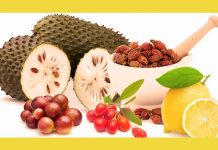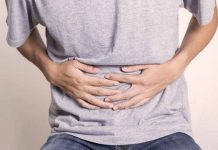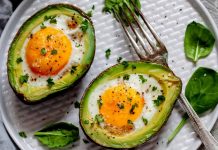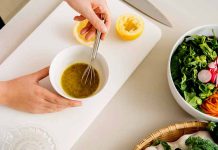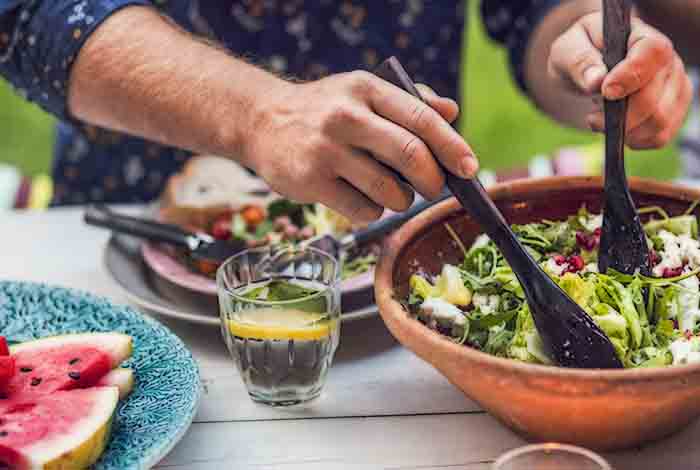
How to Overcome Alcohol Addiction with Nutritional Therapy

It is difficult to overcome alcohol addiction, even when you have help from experts at hand. Based on the intensity of addiction and the criterion used, there is about 20-50% rate of success of the addiction treatment.
To improve the success rate, many addiction treatment centers are trying to understand the treatment in depth. They want to identify the biochemical imbalances and treat them, and also deal with genetic factors that can lead to craving for alcohol, depression and anxiety – all of which, are hindrances to the treatment of addiction.
The process of restoring the balance of the brain and other parts of the body is termed as biochemical repair. Nutritional therapy, which make use of changes in diet and supplements is an important part of this approach.
William Billica, MD, Alcohol and Drug Addiction Treatment at Inner Balance Health Center, Colorado, said that if brain gets the nutrients required by it to deal with genetic and biochemical deficiencies, people who get treated for addiction have more likelihood of staying sober.
Fixing Nutritional Deficiencies is a Must for Alcohol Addiction Treatment
People seeking treatment for addiction to alcohol are deficient in some nutrients like zinc, vitamins, proteins.[1] Craig McClain says that the alcoholics that he sees in the clinic drink more than 15 glasses a day on an average. This amounts to 2000 calories, but these are empty calories. So, they are devoid of essential nutrients.
McClain has found that people, who are addicted to alcohol have deficiency of zinc. It could be because they are not taking enough mineral from food, meat, nuts and dairy products. But, a greater cause could be that alcohol prevents the absorption of zinc in the gut and also causes more loss of zinc through frequent urination.
Zinc deficiency can manifest itself as a decrease in sense of smell and taste, sore skin on the face and poor vision in the night. Deficiency of zinc can lead to depression, confusion and irritability.[2] This further poses challenge to people with addiction to alcohol.
McClain notes that deficiency of zinc and alcohol addiction is a deadly combination as these may augment the condition of leaky gut. When the gut is unable to create a barrier between the intestine and other body parts, toxins move towards the liver and lead to alcohol-related liver disease.
McClain recommends that if you have alcohol addiction, you should take at least 220 mg of zinc sulfate, which has around 50 mg of zinc. When it is taken with a meal, it helps prevent side effects like pain and nausea. Billica said that anyone, who undergoes the treatment, is started with a very basic nutritional support, such as a multivitamin. Based on the results of the lab tests, supplementation can be revised.
Mellisa Blackburn-Borg, a noted nutritionist, said that consumption of alcohol leads to depletion of B vitamins; so, these can be replenished on the basis of the lab test results.
To enable supplementation of B vitamins, Billica checks for mutation of the genes that can impact the ability of the body to make certain B vitamins like folate and vitamin B6.
Decrease in folate and vitamin B6 can slow down the production of dopamine and serotonin in the brain. These are chemicals responsible for making you feel good and play a major role in dealing with cravings for sweets as well as alcohol.
Keeping Blood Sugar in Control Helps Deal With Cravings
It has been found that controlling blood sugar is important to remain sober. Many centers run a glucose tolerance test as a person enters the treatment. This catches episodes of hypoglycemia that may get missed by other tests.
Billica said that they have examined glucose tolerance test of nearly 500 patients, who came to their treatment center some years back and found that hypoglycemia is a big issue. Around 98% of alcoholics saw a drop in the blood sugar less to 60mg/dL. Sometimes, it even went lower than that. Normal fasting sugar level is 70-90 mg/dL.
When blood sugar goes down, brain gives a signal to find a way to increase it and enhance the level of energy. This can cause cravings. Craving for something sweet can be mistaken for alcohol craving.
Healthy and good eating habits can manage the blood sugar levels and keep them in check, which can eventually help control cravings for alcohol as well as sweets.
The treatment focuses on foods that have low glycemic index (GI), and heavily processed and sugar sweetened foods are minimized. Protein is included in the diet and fat is used for balancing carbs in the meals. These help deal with abrupt rise in blood sugar level.
Balanced and properly planned meals are an important part of the recovery from addiction and abstaining from it. Treatment centers also educate people undergoing recovery on how to prepare and plan meals, so that they can continue with it even after being discharged.
Treatment centers also control the timing and amount of caffeine that can cause hypoglycemia and obstruct the sleep. A common concern in people getting treatment for alcohol addiction is insomnia.
When the liver doesn’t function properly, the detoxification of substances like caffeine is done at a slower rate. So, these treatment centers do not allow coffee beyond 9.30 in the morning.

Balance of Dopamine is Important for Managing Cravings
Other than low blood sugar levels, there’s another reason why people with alcohol addiction reach out for sugary stuffs. This is because it activates the pleasure center of the brain. It basically releases dopamine. This induces feelings of happiness and relief from stress.
The first time somebody drinks alcohol, he/she will experience a rise in dopamine, which will make him/her feel good. When people are addicted, they feel that this dopamine spike is what they had been missing as it helps them feel normal again.
But, if you drink too much alcohol and that too continuously, there will be a decrease in dopamine receptors in the brain. Thus, there will be very little function of dopamine.
This problem aggravates in people with unhealthy eating styles – having foods that give very less amino acids, which is used by the body to make dopamine.
Foods with high protein content can increase the dopamine receptors in the brain. Protein also gives the building blocks to the body that can be used for making dopamine. Dopamine is made from amino acids and important among them are tyrosine and phenylalanine. These are present in foods like turkey, chicken, eggs, nuts and cheese.
Yoga, acupuncture, meditation, exercise and music therapy also promote the release of dopamine. A new, clinically validated test has been developed, which is called the Genetic Addiction Risk Score (GARS). There are 10 genes and variants covered in the test that are related to addiction.
On the basis of the result of the GARS, a customized nutritional supplement may be recommended for balancing dopamine and neurotransmitters related to addiction and cravings.
Influence of Gut Bacteria on the Brain
Gut Microbiota has an important role to play as far as health and disease are concerned. Alcohol addiction is not an exception to the rule. Scientists are exploring the relation between neurotransmitters, inflammation, bacteria and other microbes living in our gut. We already know that gut bacteria influences the function of the brain and produces neurotransmitters like serotonin, GABA and dopamine.[3]
McClain says that people having alcoholic liver disease have significant changes in their gut microbiota that plays a major role in the development of liver disease. Further, the inflammation in the liver of alcohols can also occur in the brain. Inflammation in brain is associated with anxiety, depression and increased cravings.
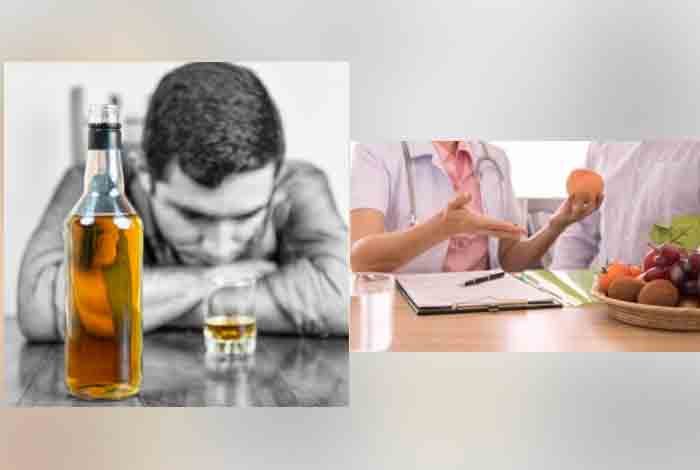
A study was conducted in Belgium that analyzed the gut microbiota of around sixty people, who were starting rehabilitation for addiction to alcohol.[4] Around 43% of the participants had leaky gut and lesser number of anti-inflammatory gut bacteria when the study started as against those without a leaky gut.
Leaky gut causes harmful toxins to enter the bloodstream, and this lead to inflammation. Since alcohol has an influence on the gut microbiota makeup, there is fall in the beneficial substances made by the bacteria.
After 21 days of abstinence from alcohol, those, who participated in the study with unhealthy microbiota and leaky gut, scored higher on depression, alcohol cravings and anxiety as compared to the ones, who entered the rehab with a healthy gut and microbiota. This influences the chances of recurrence.
Although the study did not establish any cause-and-effect relationship, it, undoubtedly, showed that there is an association between addiction, cravings and gut microbiota. The concept is still under examination.
McClain added that it is not yet known that taking probiotics or prebiotics would help those who have an addiction to alcohol. The point that must be noted is that the benefits vary depending on variables like eating habits of the person, ethnicity and microbiota.
Microbes is more about being a collective entity. So, this makes it difficult to know, which end product needs to be added in the nutritional product. However, scientists are trying to find out a solution.
At least people with addiction can follow a balanced and healthy meal plan, consisting of foods laden with plant-based sources like fruits, vegetables, nuts, whole grains and so on to give energy to useful bacteria.
Improving the biochemistry of the body and restoring physical health are complementary to traditional therapies and are not complete solutions by themselves.
Billica added that if only the nutrition and biochemical part are considered for the treatment of addiction to alcohol, while ignoring aspects like stress management and lifestyle change, then there are lesser chances of correcting the addiction. A combination of these therapies can certainly help a person stay sober.


